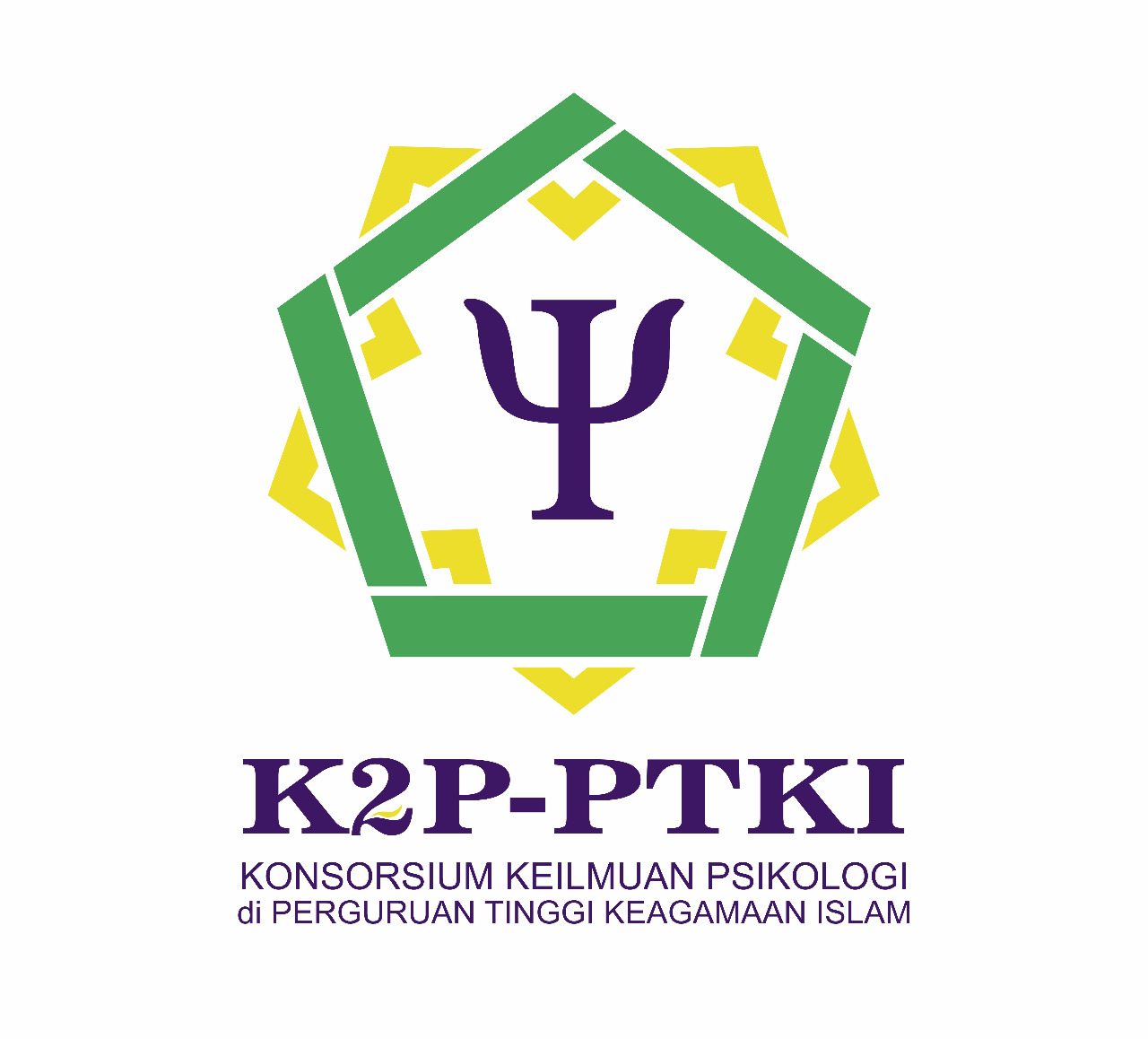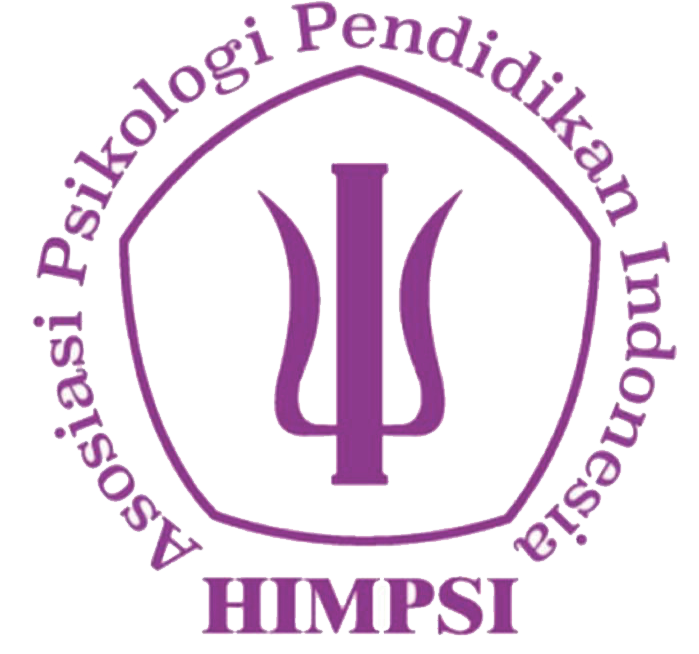Teacher's Perception and Role of Learning for Children with Special Needs
Abstract
Keywords
Full Text:
PDFReferences
Amalia, R. (2019). Budaya Literasi Untuk Meningkatkan Kecerdasan Bahasa Anak Usia Dini 5-6 Tahun. ThufulA, 7(2), 223–242.
Andriani, A. (2018). PERAN GURU DALAM MENGHADAPI SISWA YANG BERKEBUTUHAN KHUSUS. 1–5.
Arikunto, S. (2003). Prosedur Penelitian, Suatu Praktek. Bina Aksara.
Depdiknas. (2003). Undang-undang RI No. Tentang Sistem Pendidikan Nasional.
Garnida, D. (2015). Pengantar Pendidikan Inklusif. Refika Aditama.
Hallahan, D. P., & Kauffman, J. M. (2006). Exceptional Learners: Introduction to Special Education (10th ed.). Pearson.
Ilahi, M. T. (2013). Pendidikan Inklusi: Konsep dan Aplikasi. Ar-Ruzz Media.
Iswandia, D. A. (2017). eran shadow teacher dalam layanan khusus kelas inklusi di SDN Percobaan 1 Kota Malang / Dewi Anggraeni Iswandia. Universitas Negeri Malang.
Kurniawati, D., Kasiyati, & Amsyarudin. (2014). Persepsi Guru Kelas Terhadap Anak Berkebutuhan Khusus Di SD Payakumbuh. E-Jupekhu (Jurnal Ilmiah Pendidikan Khusus), 3, 109–118.
Mudjito, D. (2012). Pendidikan Inklusif. Baduose Media.
Oktorima, O. (2015). Penilaian Hasil Belajar Anak Berkebutuhan Khusus di Sekolah Penyelenggara Inklusif SD N 01 Limau Manis (Penelitian Studi Kasus). Jurnal Ilmiah Pendidikan Khusus, 4 (3).
Pratiwi, J. C. (2015). Sekolah Inklusi untuk Anak Berkebutuhan Khusus: Tanggapan Terhadap Tantangan Kedepannya. In Seminar Nasional Pendidikan UNS & ISPI Surakarta Jawa Tengah 21 November 2015, ISBN (pp. 978–979–3456–52–2).
Ratrie, D. (2007). Psikologi Anak Berkebutuhan Khusus. Depdiknas, 1–149.
Sugiyono. (2017). Metode Penelitian Kuantitatif, Kualitatif, dan R&D. Alfabeta, CV.
Sumekar, G. (2009). Anak Berkebutuhan Khusus Cara Membantu Mereka Agar Berhasil Dalam Pendidikan Inklusif. UNP Press.
Suparlan. (2008). Menjadi Guru Efektif. Hikayat Publishing.
Widodo, A. P. A., Thaibah, H., & Putri, A. E. (2017). Persepsi Guru Kelas Sekolah Dasar Negeri Universitas Lambung Mangkurat Banjarmasin Tahun 2017 Halaman Pengesahan. Penelitian Dasar Unggulan Perguruan Tinggi. eprints.ulm.ac.id/6156/
Wilding, C. dan A. M. (2013). Cognitive Behavioural Therapy. PT Indeks.
DOI: https://doi.org/10.18860/psikoislamika.v18i2.15702

This work is licensed under a Creative Commons Attribution-NonCommercial-ShareAlike 4.0 International License.
Indexing By:
------------------------------------------------------------------------------------------

PSIKOISLAMIKA: Jurnal Psikologi dan Psikologi Islam by http://ejournal.uin-malang.ac.id/index.php/psiko is licensed under a Creative Commons Attribution-NonCommercial-ShareAlike 4.0 International License.


.jpg)











_(2)1.png)